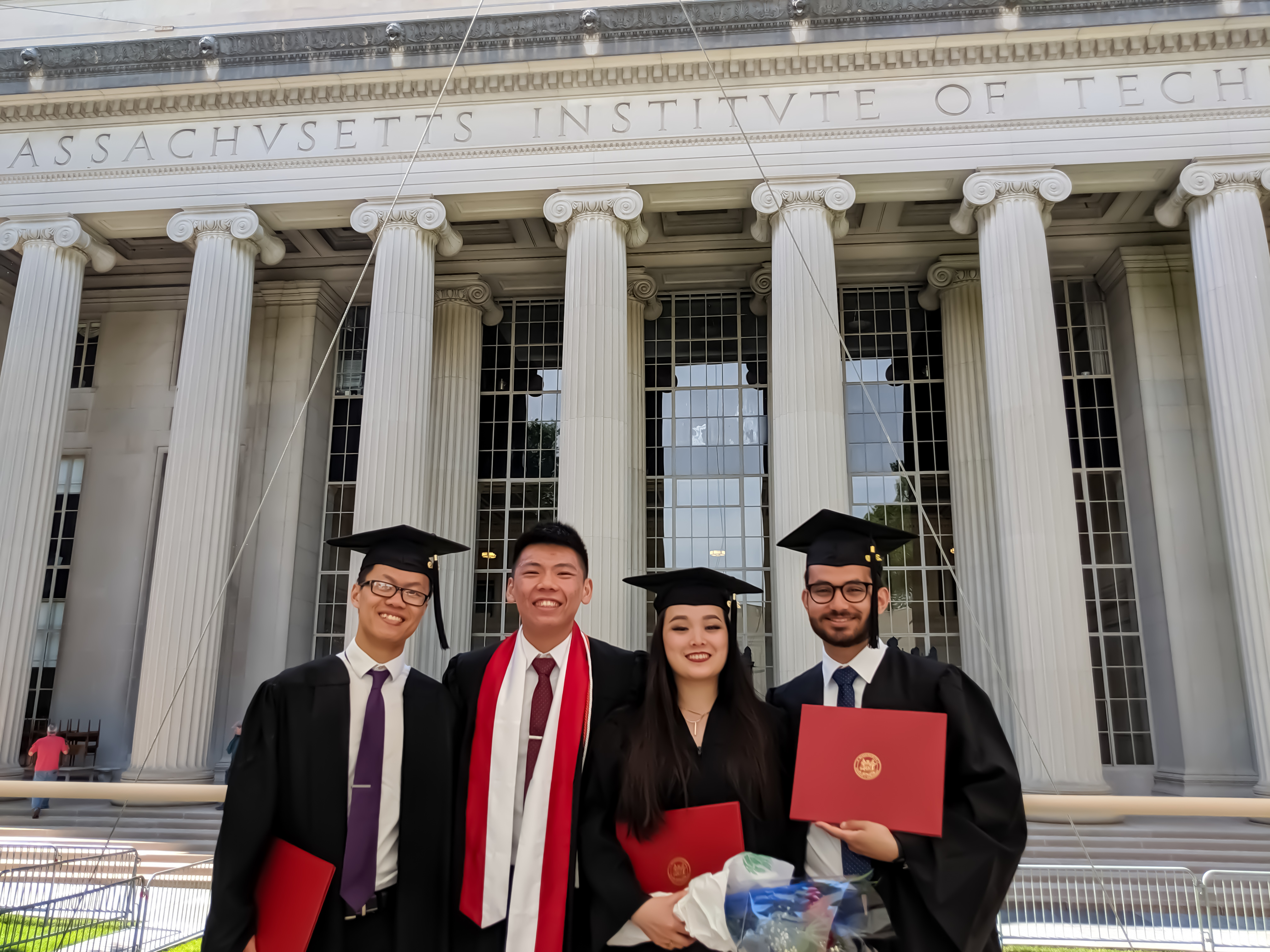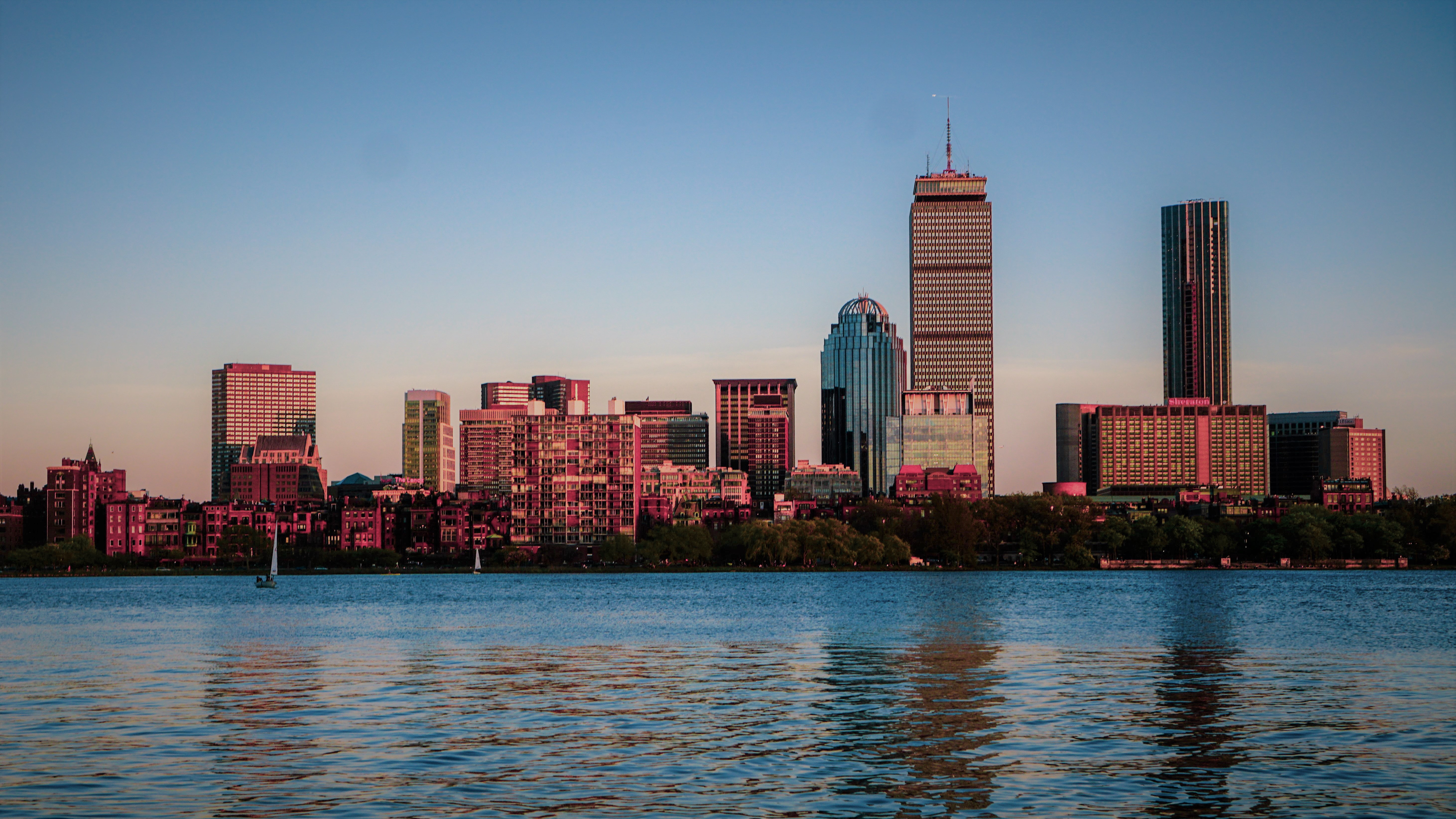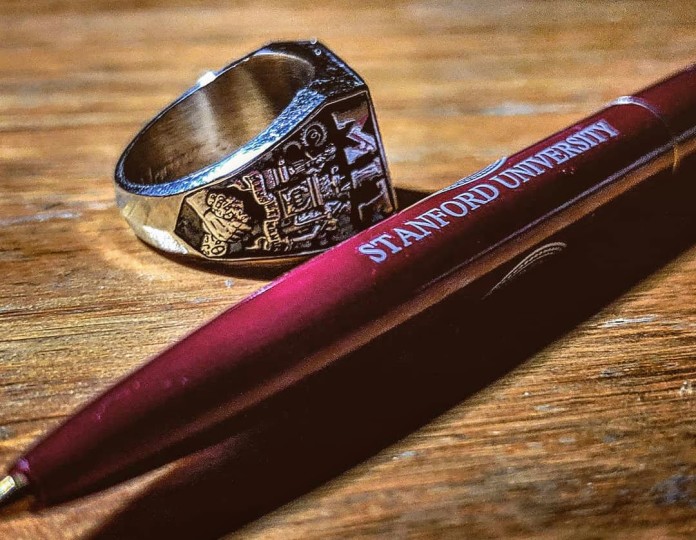Many people have the perception that in order to attend a prestigious university, you have to grow up in Jakarta and go to fancy international schools. For Valen, neither did he live in Jakarta, nor did he attend fancy international schools. How did he do it?
Hi everyone, my name is Valentino Sudaryo, but I usually go by ‘Valen’, ‘Akiet’ (my Chinese nickname) or recently in college, ‘Avocado’. I was born and raised in the Khatulistiwa city, Pontianak, the capital city of Kalimantan Barat. I find Pontianak to be one of the best culinary cities in the world, and trust me I’ve been to places, with must-try dishes such as ‘bakmi kepiting’ and ‘chai kue’. Looking back, it’s no wonder that growing up, I was actually obese lol.
In more relevant news, I just recently graduated top of my class with a Bachelor of Science degree in Biological Engineering from the Massachusetts Institute of Technology (MIT), the world’s #1 university according to the QS world ranking for the past 7 consecutive years, and will be embarking on my PhD study in immunology at Stanford University this September.
Wait a minute.
I must be joking, right?
From humble beginnings to living a fairy tale
Don’t worry, it’s fine. I get that shocked and disbelieved look a lot. It’s natural to be skeptical, considering my background as “anak daerah” from out of Java and Bali (tapi ibukota bakal pindah ke Kalimantan ya hehe), cause why not? Kids like me were never supposed to be here anyway; we’re not born privileged enough. I didn’t come from a rich family, nor an academic one. I didn’t go to any of those fancy international schools that you often find in Jakarta—I spent all 12 years of primary and secondary education at a young school in Kubu Raya recency, just outside of Pontianak—and I certainly did not take (or to be exact, could not afford) any of those SAT or extra classes to prepare for college applications. So really, what is my secret to making into MIT, which often only accepts one (and very rarely two) out of hundreds of Indonesian applicants each year?

Frankly speaking, I don’t have a straight answer to that either, but if I were to trace everything—my relentless drive and bottomless hunger for success—back to one source, tragically, it would be… death. I first knew death when I lost my grandpa to a recurring cancer. His lifeless body looked so frail as rounds of chemotherapy, his supposed life-saver, ravaged him as much as the disease. I was devastated, as he was one of the most influential role models in my early childhood. He was a kind, loving, playful and wise teacher and friend. I remember crying so hard that day, all my tears were dry; I was only 7 then.
Things did feel normal again after a while, but death revisited: this time, taking my grandma away. She was diagnosed with aplastic anemia, a rare autoimmune disease that destroys her blood cell progenitors. Her only hope for recovery was a bone marrow transplant, which at her age was essentially impossible. She opted for the alternative: to forgo treatment and die, less than a month after her first symptoms appeared. Her passing hit me even harder as I never had the chance to say goodbye, and I could not bear the thought of having to wait helplessly once more, powerless, as I watch death unfolds around me. For what good is a life if you could not even protect your loved ones.

In retrospect, while losing your loved ones is never easy, my grandparents’ passing was perhaps a cruel, but a blessing regardless, in disguise.
“Death is what gives life meaning. To know your days are numbered. Your time is short,” as Doctor Strange put it in his debut Marvel movie. Out of this trauma, I came to fear for life. Not my own, but my family’s. I knew I could not stop death (or at least not yet), but at least I could try to make the rest of our time together worthwhile. Hence, at the age of 10, I decided to put my brain to good use and begin partaking in Science Olympiad (‘Olimpiade Sains’), a prestigious and highly challenging individual competition in science comprised of both theoretical and practical examinations. Fast forward to 7 years later, through ups and certainly more downs, I managed to top nationals and represent Indonesia in international competitions at all elementary, middle, and high school levels—a feat never accomplished by a student from Kalimantan—capped with a gold in the International Biology Olympiad (IBO) in 2014.

While the medals were surely rewarding, this journey was itself veritably transformative: my encounters with scientifically like-minded competitors-turned-peers from all over Indonesia and the world, convinced me to chase my dream at the Mecca of this field. Thus, I applied to a school in the States that I have never even heard of until the end of my junior year (i.e., 11th grade), and as fate (with a copious amount of luck) would have it, on the Fall of 2015, I arrived at MIT.
Coming full circle: MIT to Stanford to targeting Autoimmune Diseases
MIT was undoubtedly the best thing that had ever happened to my 18 year old self. Here, (and perhaps the only school in America to allow so with such ease) undergrads are very much welcomed and encouraged to conduct fully-funded, world-class research during the semester at any MIT lab, through a unique program called Undergraduate Research Opportunity Program (UROP). As long as one professor and his/her lab member (a graduate student or postdoc that would directly supervise the student on a day-to-day basis) are willing to host the student, which often is an upperclassman who has taken the prerequisite courses, they can start working immediately. It’s really that simple (plus the paperworks, of course)! Because of it, I am 100% absolutely, positively certain that every undergrad of every major at MIT has done at least a semester worth of research during their time here, and I was not an exception.
As an eager, green freshman who could no longer wait to work on “real and meaningful” research, my first semester I approached Nova Pishesha, a PhD candidate in biological engineering at MIT originally from Malang, to take me as her UROP, even though I was completely clueless to what her current work was about. “Yang penting bangun pengalaman riset dulu. Ntar jika tidak betah, setidaknya bisa lebih mudah pindah ke Zhang lab atau Langer lab (some of the most popular biology labs among MIT undergrads),” I originally thought. It was then that Nova made the huge reveal:
“Have you heard of autoimmune diseases before?”
Just like that, my life went full circle.

I spent the next 3.5 years at MIT doing research under Nova, mainly working on ways to engineer red blood cells for therapeutic purposes, including the treatment of autoimmunity, a disease all familiar to me. In the classroom, I also took the opportunity to further my knowledge in the field, which includes a cross-registration into the graduate level Immunology course at Harvard Medical School and a teaching assistant role in an advance, undergraduate level biotherapeutic class at MIT. Altogether, these experiences have reaffirmed my commitment to study biomedicine, specifically in immunology, at its highest (and perhaps start my own lab in the future) by pursuing a doctorate degree right out of undergrad.
I ended up applying to 8 graduate schools. Honestly, I wasn’t hoping much, cause the admission process is extremely competitive, especially for international applicants like me (historically, for international students, the admission rate is about 1-5%, depending on the program). To my pleasant surprise, I was accepted to all of them, except to my supposed ‘safety’ school—the only place that I thought would be a surefire admission *slight tears*. I was offered a spot at Harvard, Stanford, UC San Francisco, Yale, Johns Hopkins, MIT and UC Berkeley, where the first 5 are arguably the world’s current front-runners in immunology. As suspected though, my parents (being the stereotypical Asian parents they are) half-jokingly (so half-seriously) told me to decline every offer and consider Harvard and Stanford only, even though I was intrigued by Yale and MIT as well. “Biar bisa ikutan menggalau ala kak Maudy Ayunda,” they said haha.
However, when it was finally time to make a decision, I, most definitely, have my own 3 equally important set of criteria to achieve an ideal PhD career: research (school curriculum, research topic, quality of research—which can be defined by the quantity and quality of scientific publications, to name a few—school facility and equipment, presence of a medical school and hospital on campus (for my personal case), quality of mentorship, etc.), location (east coast vs west coast, startup community, presence of strong Indonesian community, etc.) and network (school brand, alumni network, professors, and my own cohort).
After some methodical deliberation followed by spontaneous gut decision, I ultimately chose Stanford as the next stepping stone to my hopefully long and fulfilling academic career in immunology. While my effort now would certainly not change my tragic past, I hope to make impactful contribution to the field of medicine in the future, so that no child has to suffer the same pain I once did all those years ago. At least then, even without the proper goodbye, I know I will have made both my grandparents proud.
My Two Cents for Aspiring Diasporas: Live a proudful life you won’t regret
My dad used to remind me before dropping me off at the airport for every Olympiad: “Kamu petik apa yang kamu tuai, nak. Mata Tuhan tidak buta.” Always know that, as long as you put in the effort, good things will come. It might not be what you initially wished for (my dream growing up had always been studying at FK UGM. Look how it all turned out for me.), nor might it come immediately (I lost my first National Science Olympiad embarrassingly only to win a gold in the following year, and boy, it was so sweet), but your perfect little blessing will eventually arrive, even if it’s not obvious at first sight. So don’t ever be afraid to dream big, while keeping it in your prayer, and chase after it with full conviction. Life is hard enough without regrets, so just be grateful and move on.
Lastly, as it cliche as it sounds, never lose hope. Everybody loses. It is just a part of life. You cannot avoid it, nor deny it, but you can certainly come back from it, each time stronger. Yes, it can be very tough to remain self-motivated and disciplined sometimes, but when it happens, just remember why, or rather who you are doing it for. Make them the reason you wake up every single day: there is simply no greater joy than watching your loved ones smile. And if all else fails, just remember me: Jika anak daerah saja bisa, kamu pastinya bisa juga. 🙂











